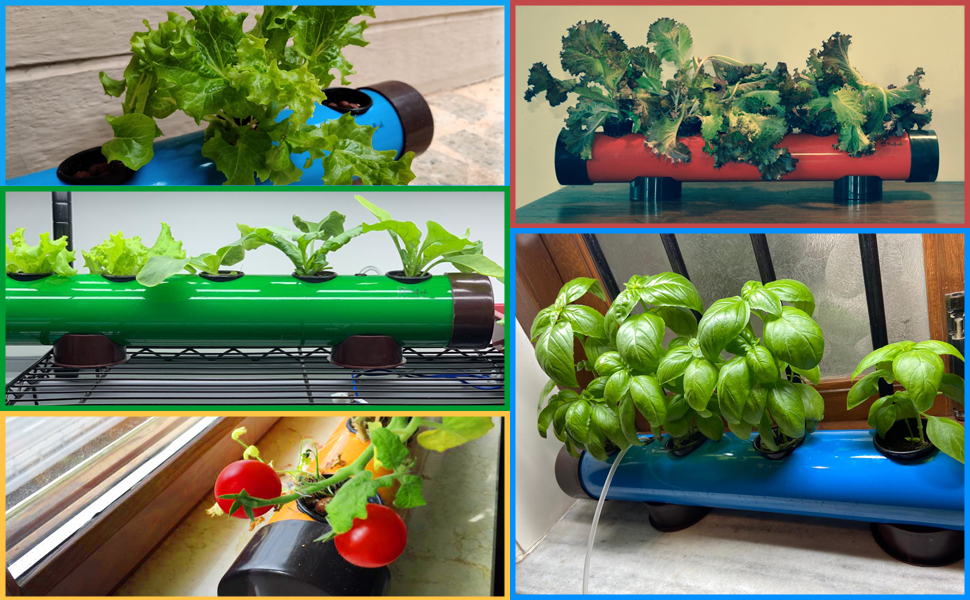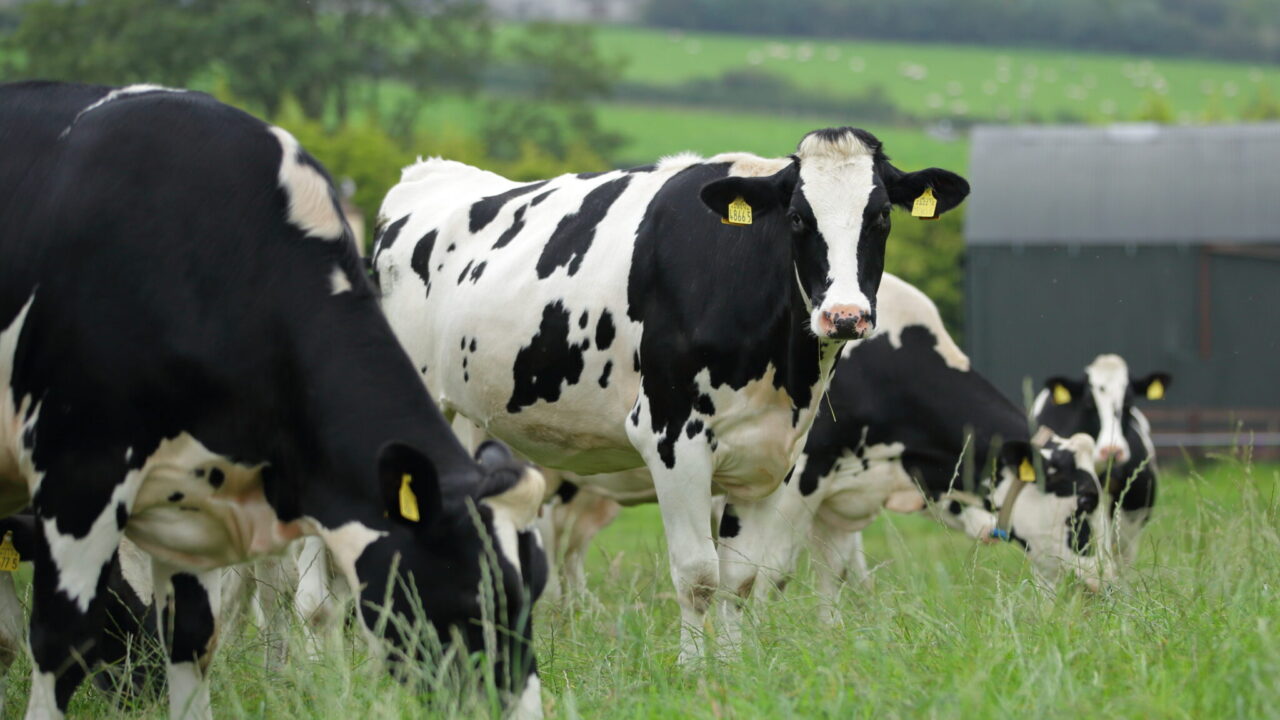If you’ve ever walked through a village in Punjab, you’ll know that farming isn’t just work — it’s part of everyday life. For decades, the fields have fed not just the people here but families across the country. Farming is in the air, the soil, and the stories passed down in homes. But lately, something new has begun to grow not just crops, but ideas. Across the state, young minds are using technology to fix old problems. From improving crop quality to finding ways to stop stubble burning, a handful of small startups are trying to make things better. These aren’t big companies with tall buildings. They’re small teams, many based in Punjab itself, who understand what farmers really go through because many of them come from farming families.
Here are five of these homegrown startups that are helping change the way farming works — one step at a time.
1. AgNext Technologies – Mohali
This company is based in Mohali and is working on something farmers rarely get help with crop quality testing. Most farmers know how tough it can be to prove their produce is good. Traditional testing is slow, and buyers often judge just by looking, which isn’t always fair.
AgNext has created a tool that uses smart sensors and artificial intelligence to check the quality of crops like wheat, rice, spices, and even milk. Their platform, called Qualix, gives results instantly.No more long lines or haggling with buyers. Farmers get a clear idea of what they’re selling and earn a fair price for it.
Big names like NAFED and ITC are already using this system, and AgNext has drawn in large investments to grow further. For the farmers who use it, the biggest win is speed, fairness, and peace of mind.
2. Bhatti Agritech – Jalandhar
With clean seed potatoes, Bhatti Agritech is establishing a reputation for itself in Jalandhar. This family-run business has brought advanced farming into the world of potato cultivation.
Using methods like tissue culture and even aeroponics (growing potatoes in air), the team creates disease-free, high-yield seed potatoes. These are then stored in cold storage units and sold to farmers who want better results with fewer risks.
The science behind it might sound complex, but the result is simple stronger crops, more income, and fewer losses. Bhatti Agritech shows how deep knowledge and tradition can go hand in hand with smart farming.
3. Pindfresh – Chandigarh

Not every farm needs soil. That’s the idea behind Pindfresh, a startup from Chandigarh that’s bringing hydroponic farming into homes, schools, and even city balconies. With their systems, people can grow fresh vegetables like lettuce, basil, and spinach without using any soil at all.
Their kits are made for small spaces. All you need is water with added nutrients, and you can start growing your own food. The system is clean, chemical-free, and easy to manage even if you live in a flat.
But for Pindfresh, it’s not just about the technology. It’s about changing how people think about food. The team encourages people to connect with what they eat by growing it themselves. That simple act brings health, awareness, and joy into everyday life.
4. A2P Energy – Rajpura
Every year, after the paddy harvest, clouds of smoke rise over Punjab. The cause of that is stubble burning, an issue that extends well beyond the farms. But one startup in Rajpura is working on a solution that helps everyone.
A2P Energy collects crop waste the leftover straw and stalks and turns it into fuel pellets. These pellets can take the place of coal in enterprises and power plants. It’s a cleaner, safer option.
This means less smoke in the air and more money in the hands of farmers. A2P gives them a reason not to burn and instead sell what they once threw away. Their work has gained attention even outside India, but what matters most is the impact they’re making right here at home.
5. MoooFarm – Punjab (Statewide)

In Punjab, raising cattle is an aspect of rural life. But for many dairy farmers, keeping track of animal health, feed, and milk sales is hard work. MoooFarm is helping make that easier with just one tool a phone app.
Through the app, farmers can check their cattle’s health records, talk to vets, buy feed, and even sell milk. One of their features uses facial recognition for cows to keep track of individual animals. That may sound strange, but it works and helps with better record keeping.
MoooFarm is already being used by thousands of farmers. It’s backed by the World Bank and has expanded across states. But in Punjab, where the dairy economy runs strong, it’s making a big difference. For many, the app brings order and access where there was once guesswork and delay.
Why These Startups Matter
What ties these startups together isn’t just their focus on farming. It’s their focus on the farmer. Each one is solving a real problem whether it’s checking grain quality, preventing air pollution, or helping a farmer keep better track of her cows.
They don’t make promises they can’t keep. They don’t use jargon that confuses people. Instead, they offer tools that work. Tools that fit into real lives.
Conclusion
Farming in Punjab is changing. Slowly, and in small ways. But these changes are reaching far. They’re showing that tradition and technology can walk together. That you can protect the soil while using the cloud. That a simple app can bring a farmer closer to a better future.
These five startups might not yet be well-known. But on the ground, in fields and homes across Punjab, their work is already planting seeds not just for crops, but for change.













